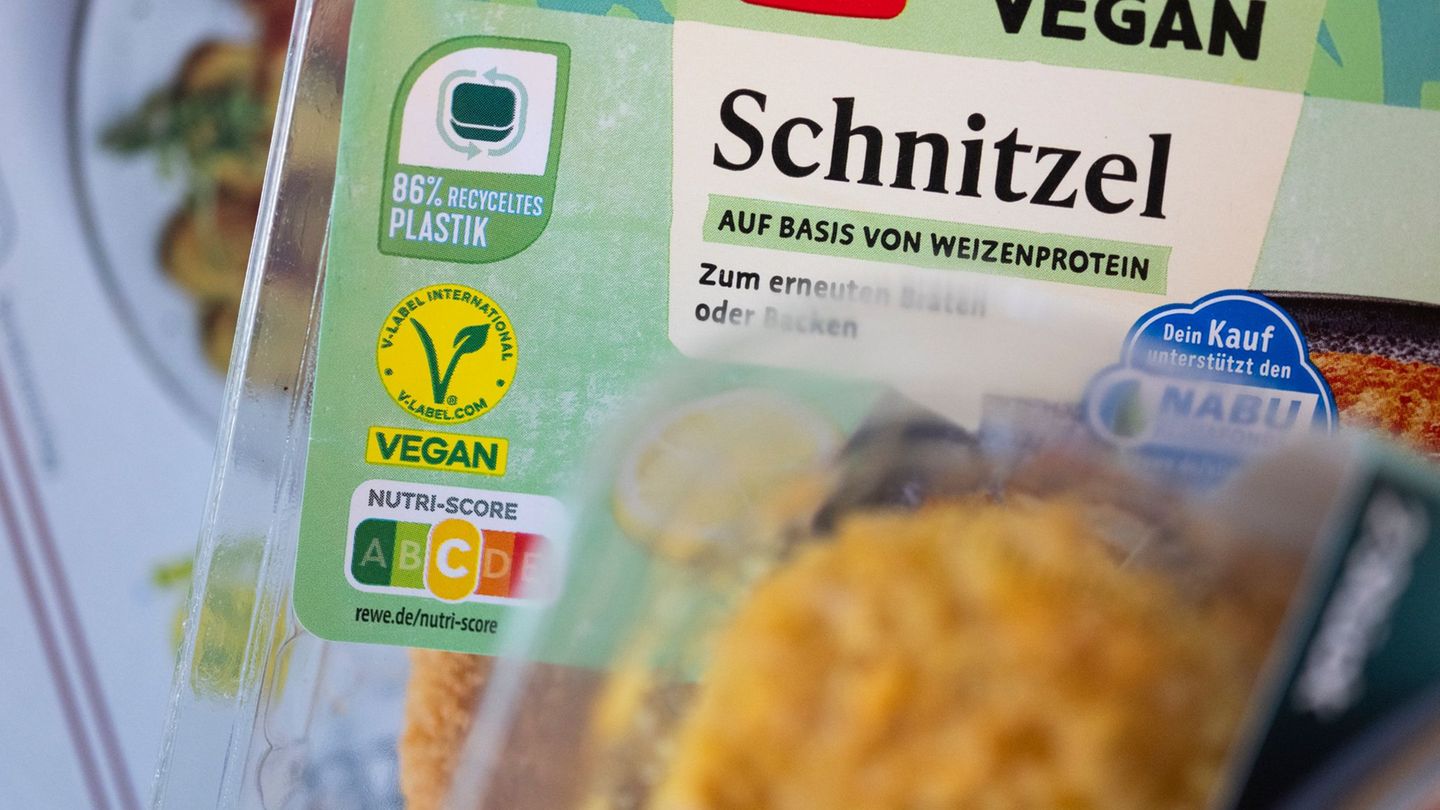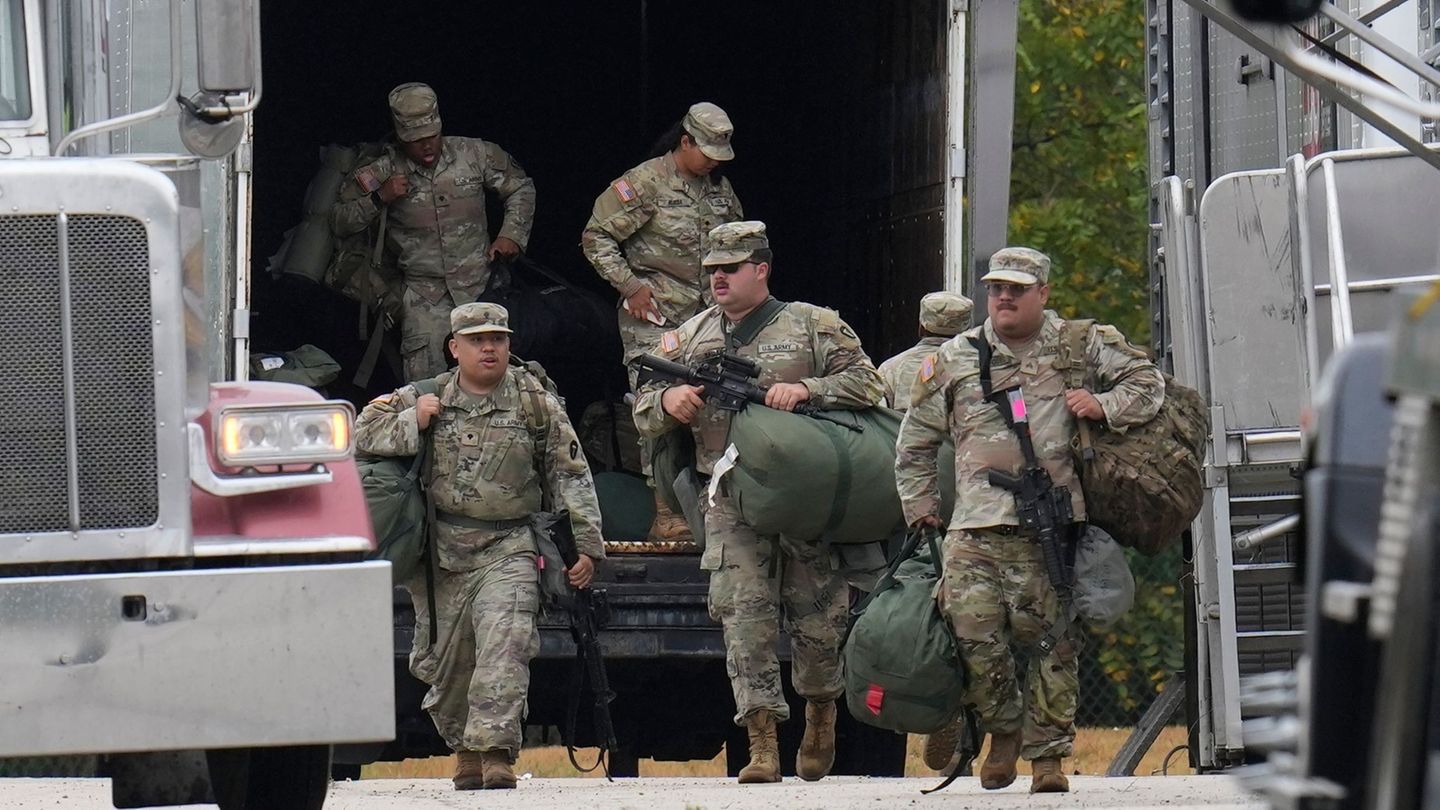The chancellor invites social partners to the chancellery – on the agenda: rising prices. Scholz avoids concrete promises. However, he rejects the fact that he expects wage cuts from the unions.
Federal Chancellor Olaf Scholz (SPD) has described the rising prices for heating as “social explosives” and has promised further relief in the longer term. At the same time, Scholz dampened expectations of the start of the planned concerted action this Monday in the Chancellery in the ARD summer interview in the “Report from Berlin”.
In this dialogue initiated by Scholz with the social partners, scientists and the Bundesbank, steps against inflation are to be discussed.
He is very concerned about rising energy prices, said Scholz. “Because the citizens have to get by with their lives, and if the heating bill suddenly increases by a few hundred euros, then that’s a sum that many can’t really cope with. It’s social explosives.”
When asked about a DGB proposal for an energy price cap, Scholz said: “We will discuss all questions. When the concerted action comes together tomorrow, we will certainly not agree on any specific measures, but will set up a process in which it is clear: everyone in Germany will join hands again, the social partners, the state.” He doesn’t want to prejudge the results. The campaign will be established in the long term.
Don’t discuss the second package before the first one
Scholz reacted cautiously to a call from Federal President Frank-Walter Steinmeier to consider further instruments to make things easier for low earners. The Chancellor referred to the previous relief measures amounting to 30 billion euros. “Right now all these measures are being rolled out,” he said. “I can say very specifically that I am convinced that this will not work now by agreeing on a 30 billion euro package – that has not yet been implemented, many measures will come from July 1st, and many of them are still in place didn’t even hear that they were getting relief – and then we’ll discuss the next ones again.”
The Chancellor predicted: “Next year will be the biggest challenge.” He said: “For this year, almost everyone who has done the math says that we have absorbed about 90 percent of the price increases among the lower and middle income groups through the many measures that we have taken.”
Scholz dismissed reports as “a free invention” according to which he wanted a one-off payment from companies to employees free of taxes and duties and, in return, wage restraint from the unions. “Of course we thought about how we could support union activities, especially when prices go up next year,” he said. “But no one is suggesting that the actual wage increases should therefore not be forthcoming.”
Scholz said that the nine-euro ticket would expire. “It was always focused on three months.”
Source: Stern
Jane Stock is a technology author, who has written for 24 Hours World. She writes about the latest in technology news and trends, and is always on the lookout for new and innovative ways to improve his audience’s experience.




